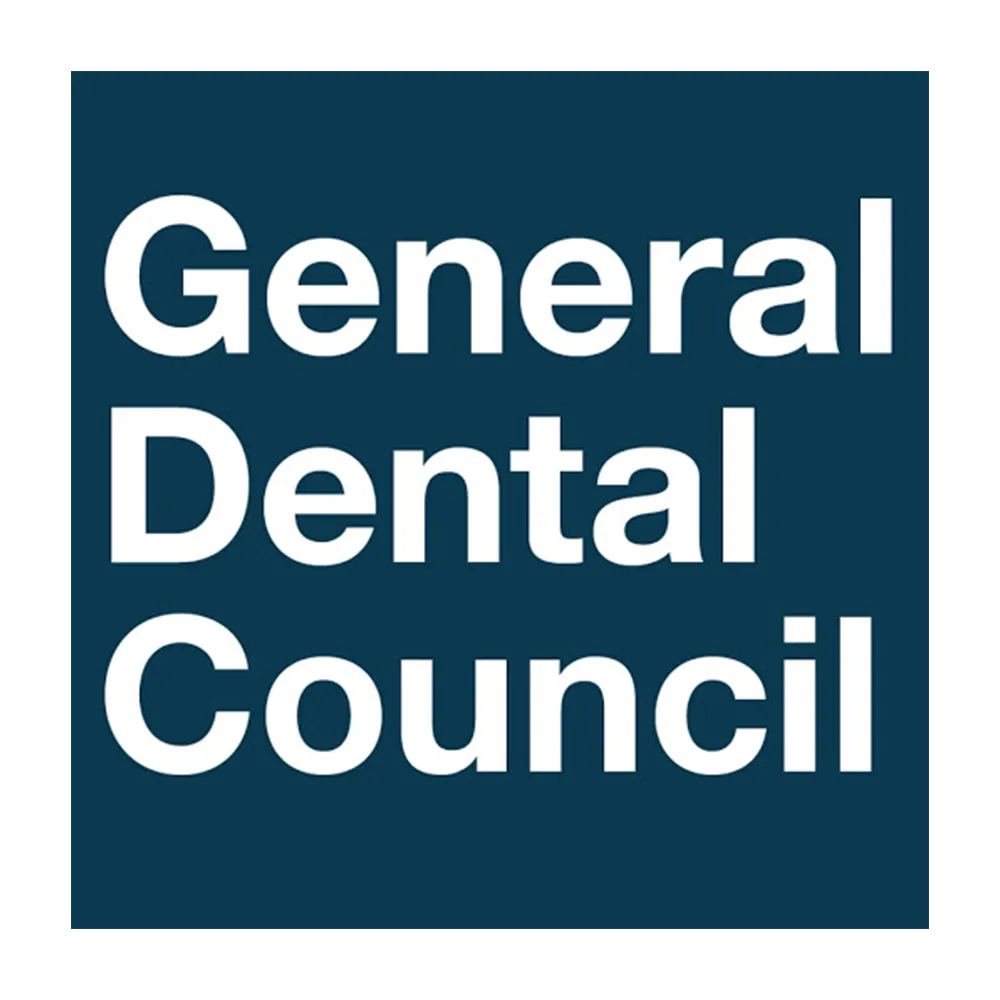Dental therapists and hygienists work to promote oral health and restore tooth function. From oral disease prevention strategies to direct restorations, you'll experience the intellectual challenges of diagnostics and the technical challenges of treatment in this demanding and hugely rewarding field of healthcare. Our Dental Therapy & Hygiene BSc combines the very latest thinking in dental education with a range of clinical experience required for the future dental therapist. You will be taught by internationally renowned staff and exposed to a rich breadth of skills and knowledge in a diverse clinical environment.
The course is designed to integrate with the undergraduate BDS programme, offering students the opportunity of co-training. The benefits of inter-professional education complements the GDC's expectations in education of the future dental team.





